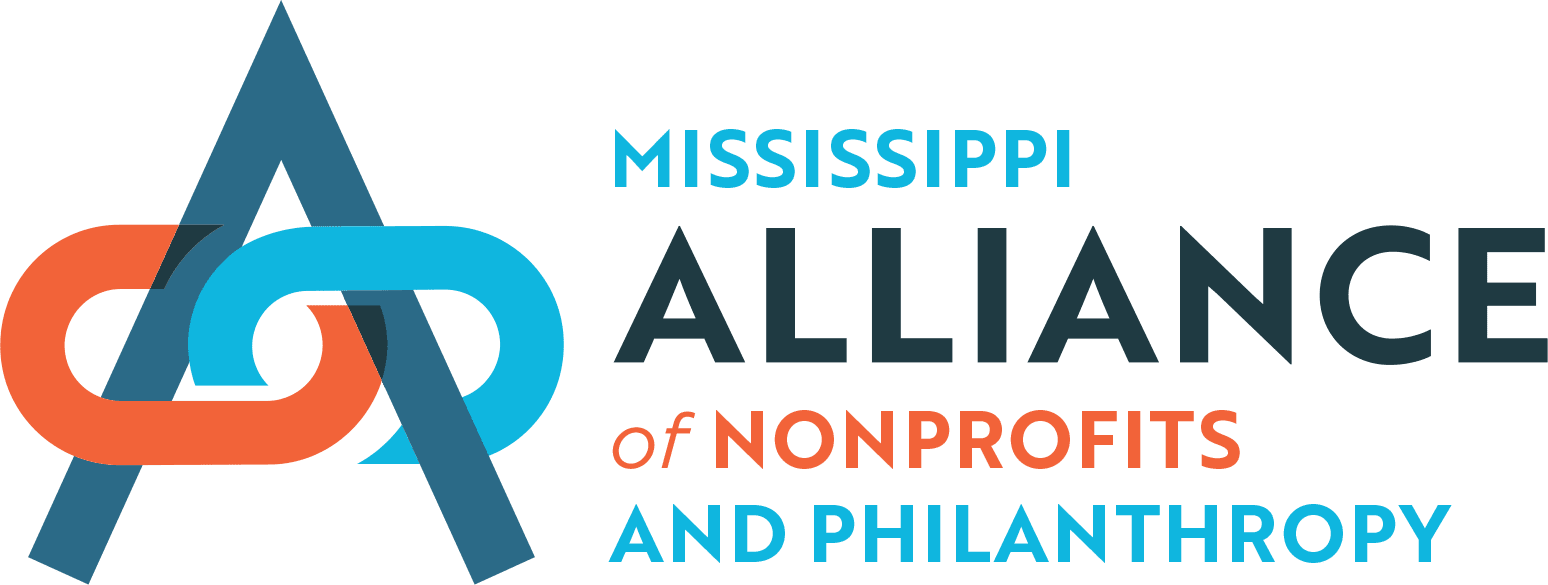Rethinking Mississippi and the Brain Drain

Founder
Rethink Mississippi
Former Governor William Winter often remarked, “the road out of the poorhouse runs past the schoolhouse door.” Under his leadership, Mississippi reformed its education system and made significant new investments, starting with the establishment of public kindergarten. As a result, the generation of Mississippians born in the 1980s and 1990s graduated from college in record numbers in the 2000s and 2010s. By 2020, young adults from Mississippi were nearly twice as likely to hold a four-year degree (29%) as their parents’ generation was (16%).
Yet Mississippi’s economy has not created the types of jobs that match or reward their qualifications. A study from the Georgetown Center on Education and the Workforce estimated that only 17% of jobs in Mississippi require a bachelor’s or graduate degree, the lowest in the South. The jobs that do exist pay less than in other states: the median college graduate in Mississippi makes $12,000 less than the national average.
Since higher-paying jobs have not followed college-educated workers to Mississippi, more and more college-educated workers have followed higher-paying jobs out of state. Nearly 40% of young adults who left Mississippi in the past decade hold a four-year degree, compared to 24% of young adults who stayed. As the pool of college graduates has increased, so has the total number of departures: from 2010 to 2020, Mississippi ranked 49th in the
country in population growth. During the decade, 72,000 more people moved out than moved in — a population loss the size of Gulfport. In effect, the poorest state in America is subsidizing the economies of wealthier states, and the people who stay in Mississippi – primarily those who did not receive the same educational opportunities — must assume the costs.
This is the problem commonly referred to as “brain drain” by business leaders, policymakers, and journalists. Among young Mississippians, it is simply known as the way things are. I believe we can change it. I am part of the generation that benefitted from the education reforms of the 1980s and 1990s. Like many of my peers, I moved away from Mississippi as soon as I graduated from college in 2010. But I found it hard to leave Mississippi behind, so in 2013 I returned to work at the William Winter Institute (now the Alluvial Collective). Since then, I have written and spoken extensively about brain drain, and I have developed programs to invest in young people who are committed to staying in Mississippi.
I originally created Rethink Mississippi as a website for young Mississippians to write about issues important to the future of the state. This year, I am relaunching it as an independent nonprofit that will combat the brain drain through policy and research, community development, and direct engagement with young people. We will work with partners in the public, private, and nonprofit sectors to address the drivers of outmigration and create meaningful opportunities for young people to stay and contribute.
It is crucial to have buy-in from business and political leaders, but I believe that solutions should start with Mississippi’s nonprofit and philanthropic community. Brain drain depresses public and private sector investment in areas that need it most; nonprofits have the potential to fill the void through growth, innovation, and collaboration. Furthermore, nonprofit work is uniquely suited to retain and attract talented young Mississippians who value purpose in addition to a paycheck (although paying employees fairly is a must). I encourage nonprofit leaders to prioritize the recruitment and elevation of young people within their organizations, and for funders to look for ways to cultivate new, youth-led nonprofits, such as providing seed funding and technical support. I appreciate that the Alliance has included brain drain in the strategic conversations taking place within the Education, Health, and Workforce Development Affinity Groups, and I am excited about working together to make Mississippi a place that young people want to call home.
Related Articles
A message from your executive director…
A warm hello to our esteemed members and friends. This edition of The Ally seeks to celebrate the rich tapestry that February brings by recognizing Black History Month and other notable events that shape this dynamic month.
Nonprofit Member Spotlight | Family Biz Builder
Family Biz Builder (FBB) is a transformative force in Tunica County, Mississippi. Since 2014, FBB, a compassionate 501(c)(3) nonprofit youth training and development organization, has been the guiding light for countless low-income, at-risk children aged 5-17 and their families across Tunica, Coahoma, and Desoto Counties.
Nonprofit Member Spotlight | Alluvial Collective
Cultivating belonging and wholeness in the world
Friends and Partners,
I’m grateful to be connected to you in this season of celebration and acknowledgment of Black history.



